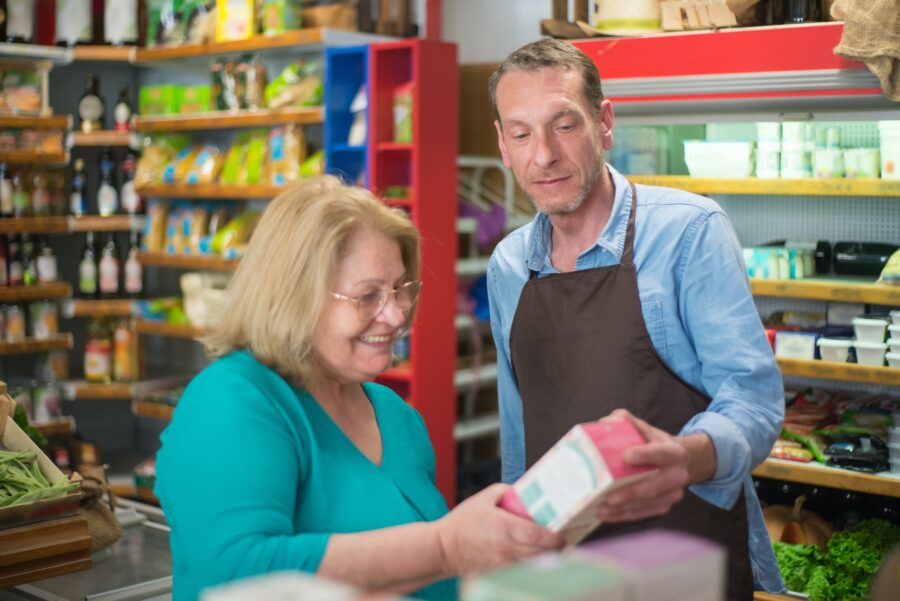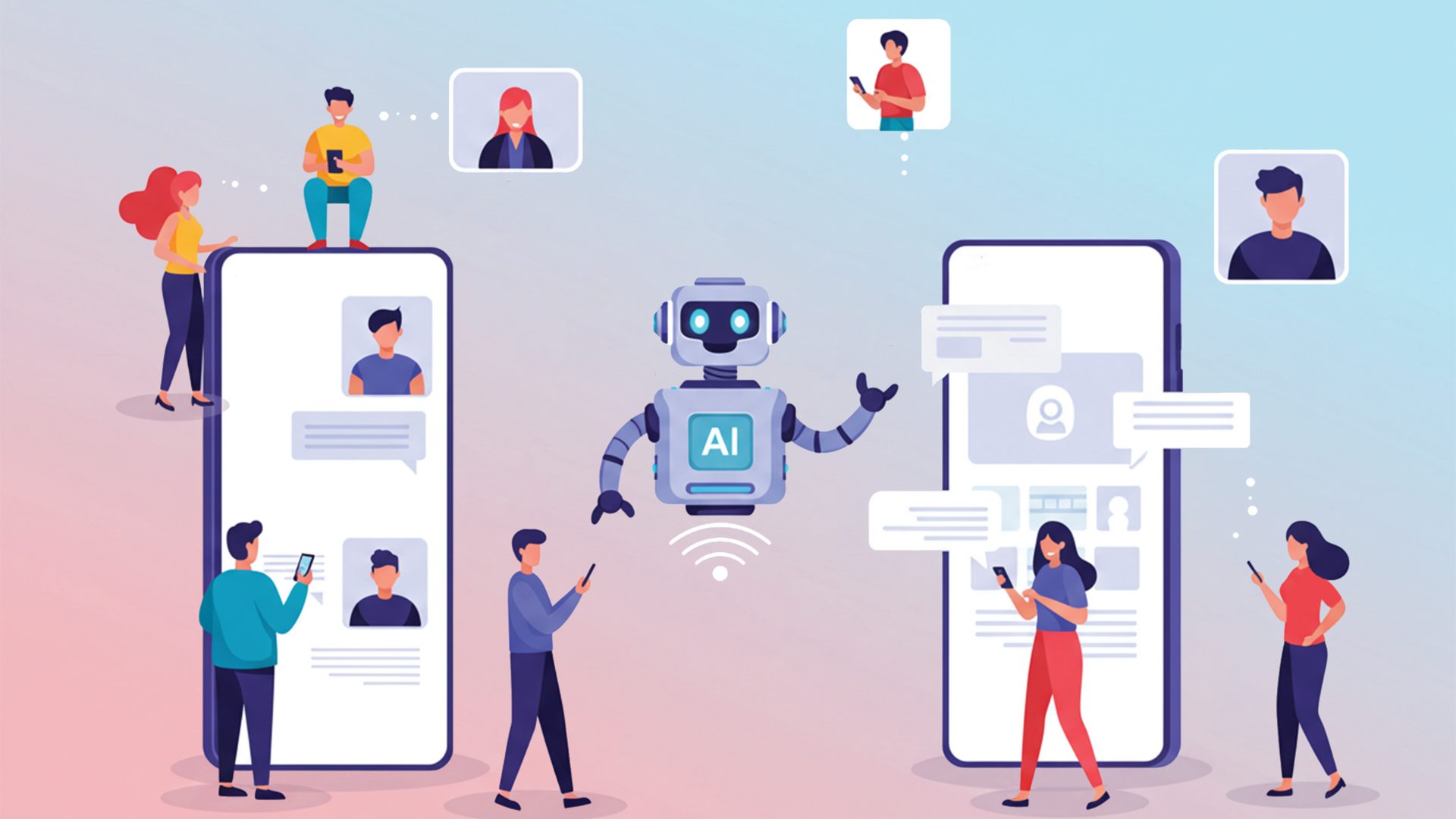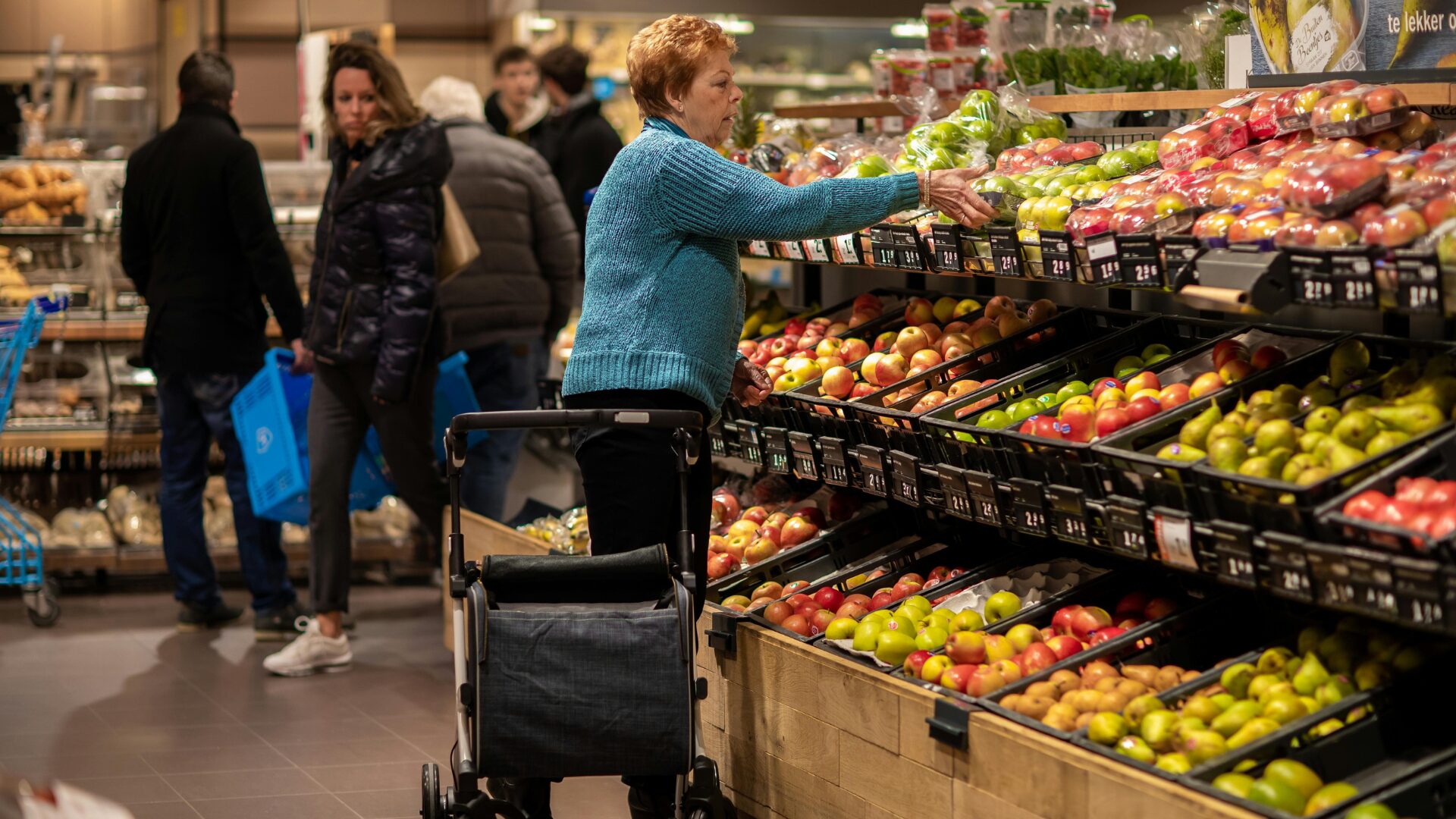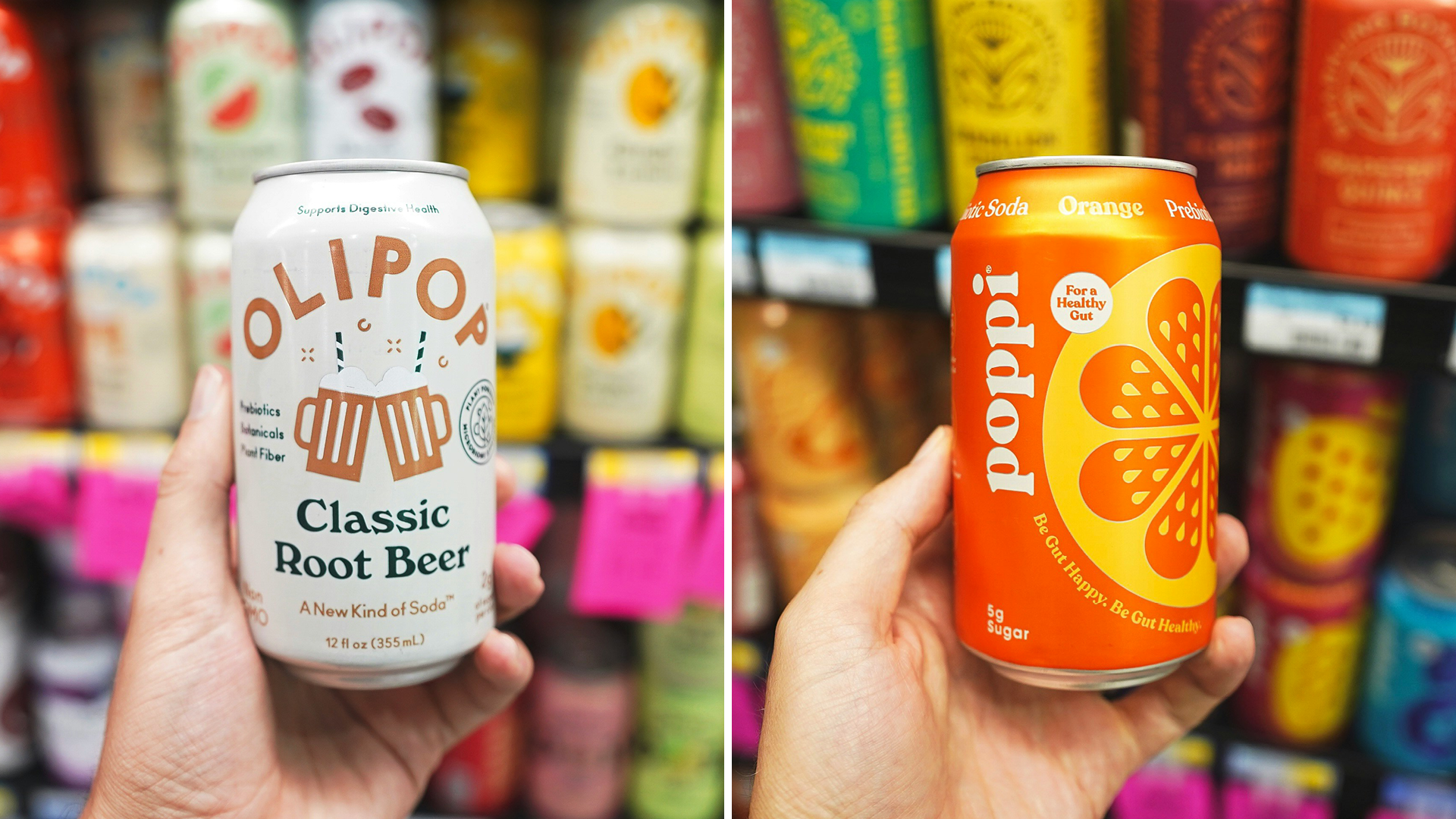Convenience is an important aspect of the modern retail landscape, from self-checkout lines to completely cashier-free stores, but frontline associates can still define the experience — particularly in grocery. The relationship a grocery store has with the surrounding area is unique, and it makes well-trained and knowledgeable workers a particularly important driver of customer loyalty.
“I think grocers recognize the fact that they are members of their community, not just people who sell food,” said JD Dillon, Chief Learning Architect at Axonify. “A key part of that is the fact that their employees are also their customers — that’s another kind of interesting reality of this space as compared to a lot of retail. I think grocers understand that that kind of community connection element, and how associate-led that part of their business is.”
Dillon noted that grocery store visits are a regular occurrence, unlike how consumers use apparel or electronics stores. This means that their expectations for what happens on the trip also are changed — some shoppers may prefer a transactional experience that leans on the speed and convenience of curbside pickup, but others enjoy building relationships with people they see weekly or even multiple times per week. Grocers should aim to provide experiences that appeal to both sets of customers.
Offering great experiences to shoppers eager for a human-centric shopping trip requires providing good training for associates, according to Dillon. This has become harder since the pandemic, since many veterans left the industry, turnover remains high, and the hiring pool has grown tight. Finding the right approach is vital.
Grocers should take advantage of mobile technology to handle training in digestible chunks, rather than overwhelming (and often boring) information overload that retailers relied upon in the past. Dillon suggested offering associates the flexibility to learn at their own pace such as by using devices to brush up on training or upskilling during the slower periods of the day.
“We’re dealing with people, so I can’t sit you in a room and hit you with information until you’re an expert,” said Dillon. “We’re just not built that way. And in a lot of cases with workplace training, we’re fighting against basic human nature, which is we’re only built to consume so much information. I like to remind people that forgetting is a feature, not a bug. So we have to fit this development into the day-to-day reality of how people do their jobs.”
This approach has proven results. Canadian grocer Longo’s increased its Team Member Net Promoter Score increase by 300% and reduced turnover from 26% to 19% during the COVID-19 pandemic through a combination of improved communication and education tools, and those improvements will carry over to how associates interact with customers.
“If they feel confident and secure in their roles, then they’re going to deliver that exceptional service for our guests,” said Liz Volk, Chief Human Resources Officer at Longo’s.
Education is essential for enabling a great customer experience for shoppers in a hurry. A well-trained worker can quickly detect whether a shopper is in the mood for a conversation or simply wants to get in and out as quickly as possible, and this approach can be combined with the right tech to provide the right interactions for every customer.
“There’s nothing worse than being in the 10 items or less lane and your cashier is trying to have a great conversation interaction without reading the customer to understand, ‘I’m not here for that today. I want to get out of here,’” said Dillon. “Make sure that the desired customer experience is part of the journey, in terms of how we’re enabling and educating our employees so that they have an understanding of how to read the customer how to understand that different people have different expectations — and so they are able to fulfill those expectations.”












